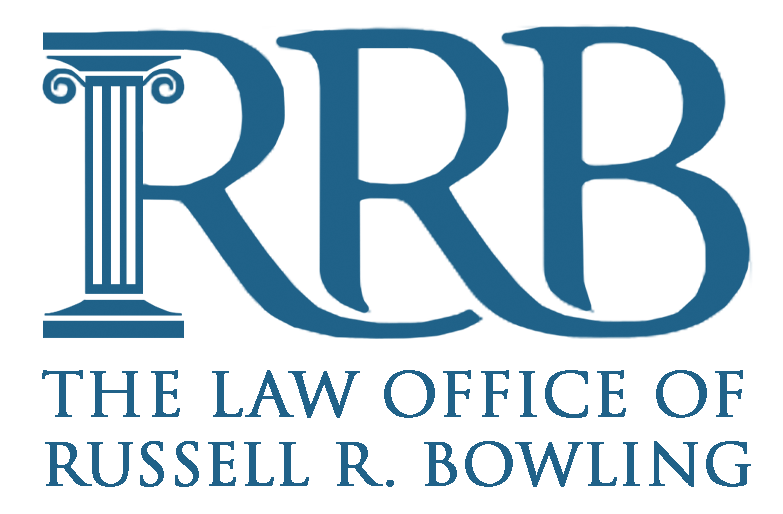Understanding Bipolar disorder as a Disability: A Guide to Eligibility for Benefits
Bipolar disorder is a recognized disability by the Social Security Administration (SSA). Individuals living with bipolar disorder who can no longer work due to their symptoms may be eligible to receive Social Security benefits, which may provide monthly income assistance and insurance coverage. Under the Americans with Disabilities Act (ADA), it is unlawful for any employer to discriminate against hiring someone with bipolar disorder, terminate someone for having bipolar disorder, or not adequately accommodate someone living with bipolar disorder.
Symptoms of bipolar disorder that can impact work ability include extreme energy increase, excitement, and euphoria during manic episodes; varying degrees of depression during depressive episodes, and psychotic symptoms including delusions and hallucinations. This article notes that living with these symptoms often makes it challenging for individuals to maintain employment, explaining why a significant percentage of people with bipolar disorder do not return to full-time employment after the onset of their symptoms.
To qualify for disability benefits, one must meet certain financial and medical requirements. Benefits are categorized into Social Security Disability Insurance (SSDI) for people with disabilities who have been paying Social Security taxes, and Supplemental Security Income (SSI) for children and older adults with disabilities. The application for Social Security benefits can be done in person, by phone, or online. The process usually involves gathering medical records and supporting evidence, submitting the application, and waiting for the evaluation decision.
Despite the availability of these benefits, a substantial number of people are denied when they first apply for assistance. However, there is an opportunity to appeal this decision within 60 days.
This article also highlights that opportunities to work are still possible for people with bipolar disorder, and it cites examples of elements to consider during job hunting. These include the working environment, work schedule, whether the job includes or supports a creative outlet, and the values and lifestyles of potential coworkers.
Under the ADA, all insurance providers are obligated to provide coverage for services related to mental health conditions such as bipolar disorder. This includes both private insurances and government programs like Medicare and Medicaid. The exact benefits offered will depend upon the specific insurance coverage.
Ultimately, while not everyone with bipolar disorder will qualify for disability benefits, such benefits can help mitigate some of the financial challenges associated with living with the disorder, and the ADA can help protect against workplace discrimination. Those who get denied initially can always appeal their case.
